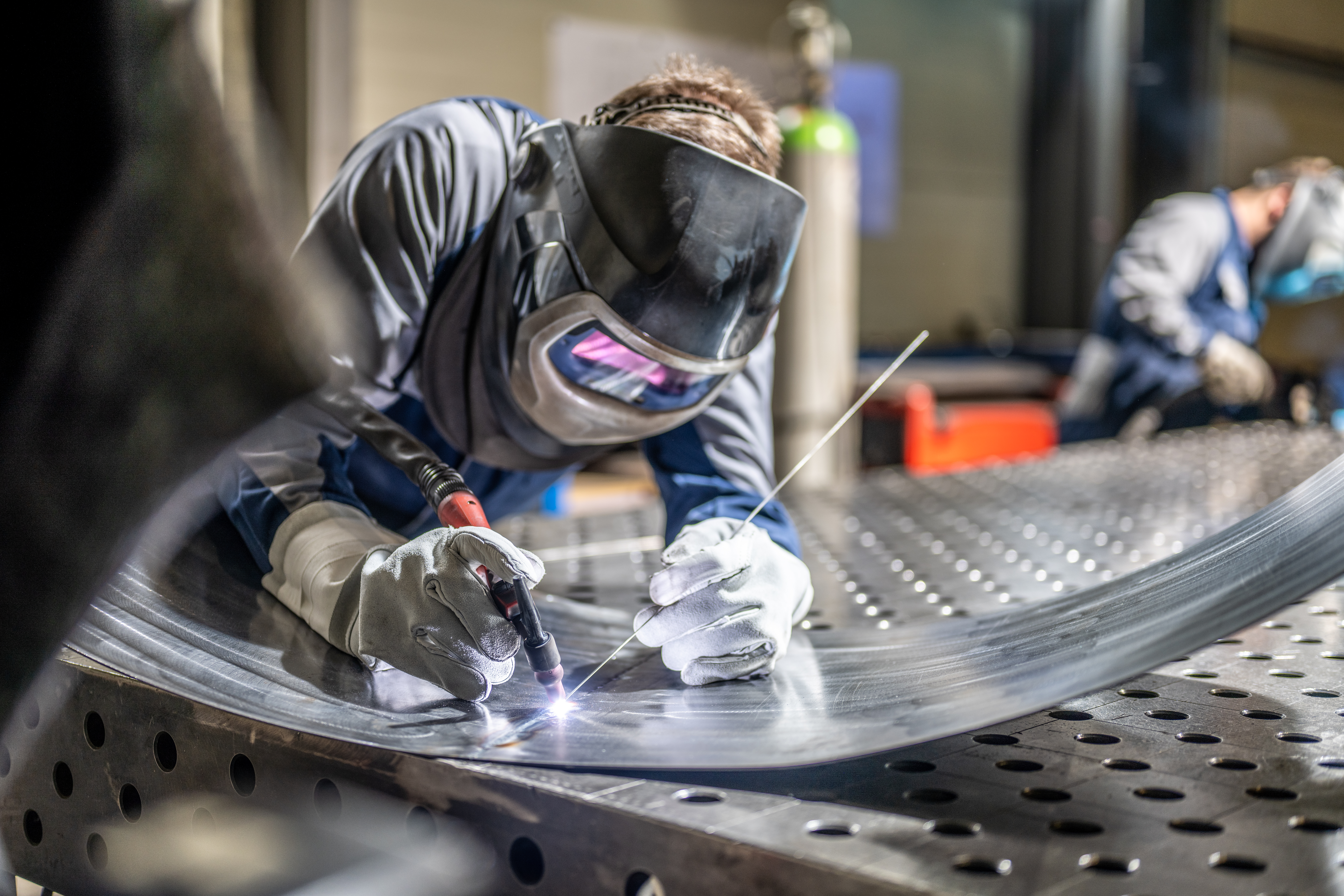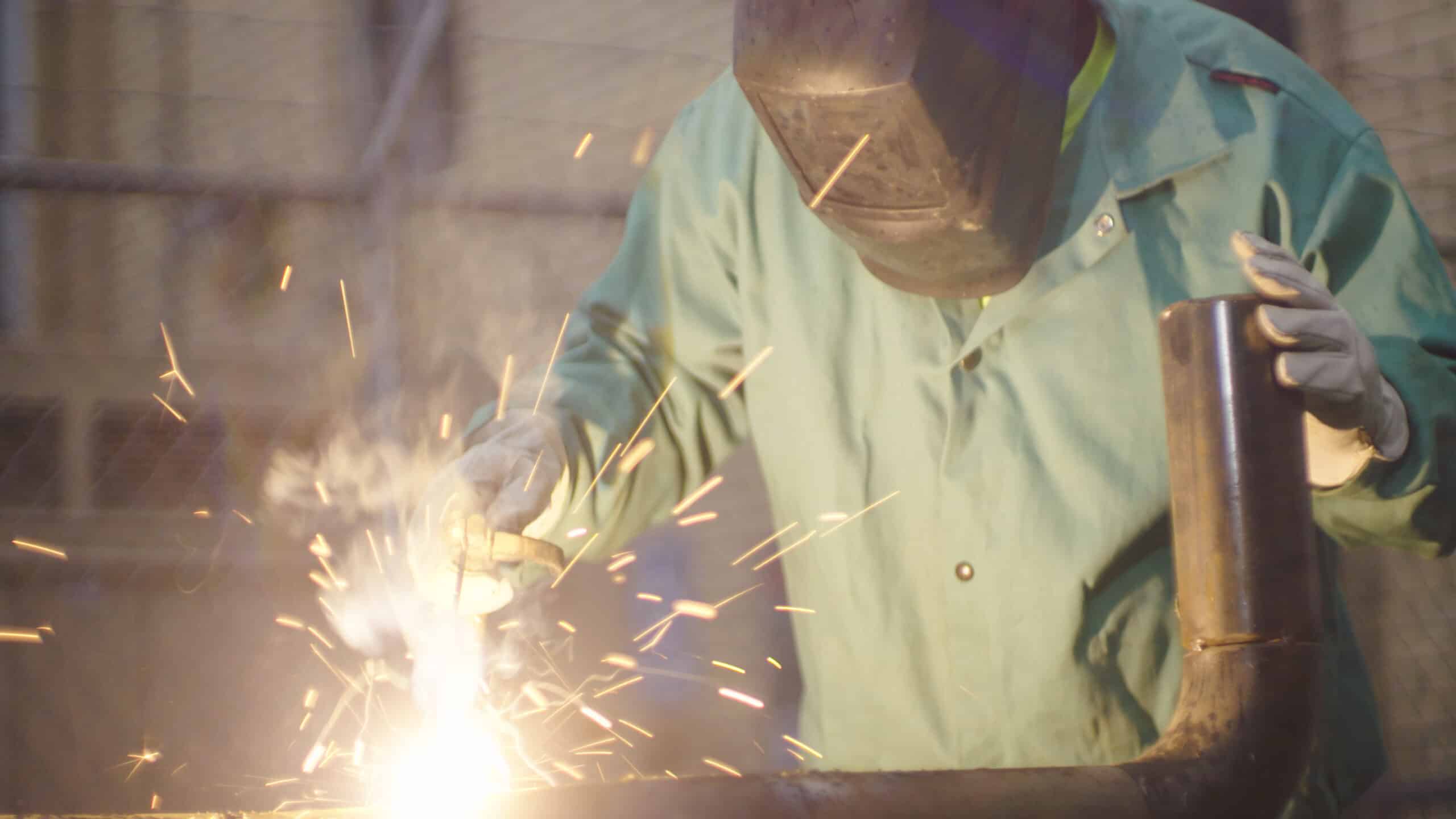
Manufacturing Jobs: What You Need to Know
Manufacturing jobs are key components to almost every industry. They play a critical role in creating consumer products we use every day. These jobs range from general factory labor to more specialized roles, offering a variety of career paths. Whether you are new to the workforce or looking to switch careers, understanding what a manufacturing job entails can help you find the perfect fit.
What Is a Manufacturing Job?
A manufacturing job involves the production of goods. This could mean working with machinery, assembling parts, or quality control. The duties vary widely depending on the type of manufacturing job, the industry, and the company. Stay tuned as we take a closer look at how these roles differ.
Types of Manufacturing Jobs and Their Duties
- Assembly Line Worker: One of the most common manufacturing jobs, an assembly line worker is responsible for putting together products as they move down a production line. This role typically involves repetitive tasks, such as fastening parts together or inspecting products for defects. The work is fast-paced, requiring attention to detail and the ability to perform the same task efficiently over a long period.
- Machine Operator: Machine operators work with heavy machinery to produce products or components. Their duties include setting up machines, monitoring operations, and adjusting machinery as necessary to ensure the production process runs smoothly. Machine operators need technical skills to troubleshoot problems and maintain the equipment they use.
- Quality Control Inspector: Quality control inspectors ensure that the products being manufactured meet specific standards and regulations. They examine materials and products for defects, perform tests, and report any issues to supervisors. This role requires a keen eye for detail and a thorough understanding of quality standards.
- Welder: Welders are skilled workers who join metal parts together using various welding techniques. This job requires precision and technical knowledge of welding equipment and safety protocols. Welders are most frequently found in the automotive, construction, and shipbuilding industries.
- CNC Machinist: CNC (Computer Numerical Control) machinists operate computerized machines to produce parts and tools with high precision. They read blueprints, program machines, and oversee the manufacturing process. This role demands a strong understanding of mathematics, programming, and machinery.
How to Land a Job in Manufacturing
The manufacturing industry offers a wide range of opportunities for job seekers, and there are several ways to break into the field:
- Technical Education and Training: Many manufacturing jobs require specific technical skills, which can be gained through vocational schools, community colleges, or on-the-job training programs. For example, becoming a CNC machinist might require learning how to program machines and understand complex blueprints.
- Apprenticeships: Some companies offer apprenticeship programs where you can learn on the job while earning a wage. These programs are especially common in skilled trades like welding and machining. Apprenticeships provide hands-on experience and can lead to full-time positions.
- Networking and Job Fairs: Attending industry events, job fairs, and networking with professionals in the field can help you discover job openings and connect with potential employers.
- Online Job Boards: Websites like Indeed, Glassdoor, and LinkedIn often list manufacturing jobs. Applying through these platforms can be an easy way to find opportunities in your area.
- Staffing Agencies: One of the most effective ways to find a manufacturing job is through a staffing agency. These agencies specialize in matching job seekers with companies in need of workers.

The Role of Staffing Agencies in Manufacturing
Staffing agencies can play a pivotal role in connecting job seekers with open manufacturing jobs. These agencies work closely with companies to understand their needs and then match them with candidates who have the right skills for a specific job. Whether you’re looking for a temporary position or a permanent job, a staffing agency can help save you time and effort in the job search process.
A staffing company like NCW has a vast network of companies it works with across various industries. NCW works to help job seekers access opportunities that might not be advertised publicly. By working with a staffing agency like NCW, you can benefit from the expertise of recruiters that work everyday in the manufacturing industry. These experienced recruiters personalize job matching to every job seeker and provide ongoing support throughout the interview process.
If you’re ready to start your journey in manufacturing, consider partnering with a manufacturing staffing agency like NCW. If you wish to look for manufacturing jobs today, go visit NCW’s Job Board to search for yourself! Get in touch with a team member at NCW at submit your information here.
Next Steps
At NCW, our recruiters are dedicated to making personal connections with every job seeker. We don’t want to just help you find your next warehouse job, we want to match you with a company and role that will accelerate your career to wherever you want to go. We’ll handle all the boring admin stuff—resume prep, interview scheduling, contract negotiations—so you can focus on what you do best. Plus, NCW offers ongoing support throughout your role to help you keep climbing the career ladder.
Ready to discover your success in the field?
Connect with a recruiter and find work in warehousing today!
